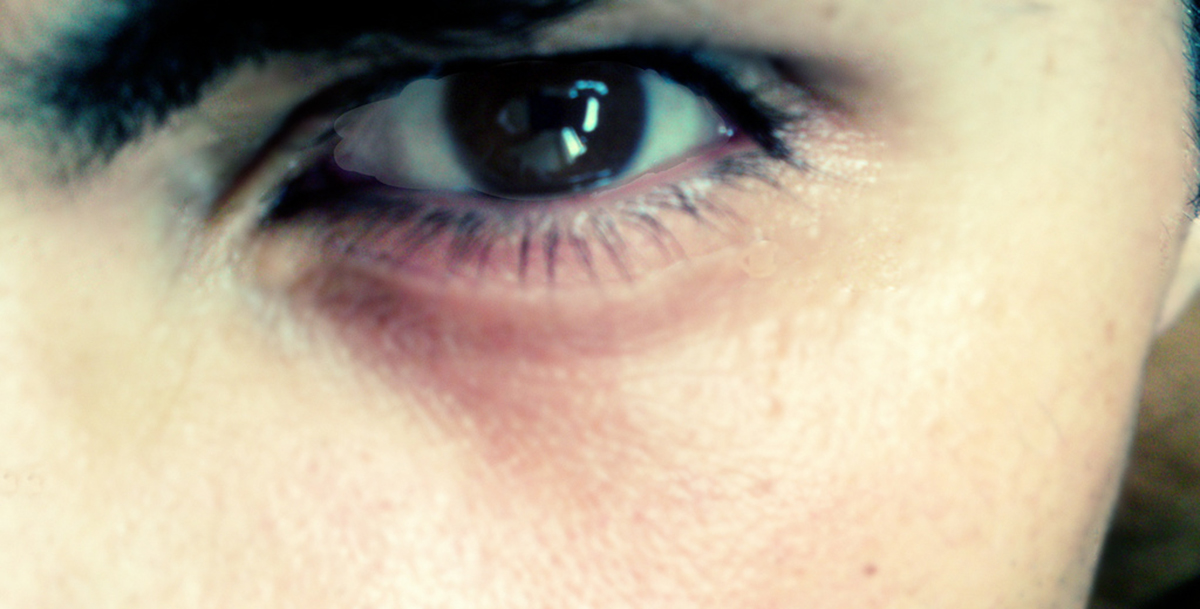Table of Contents
Early man commonly believed that Pagan gods were responsible for creating the changing seasons. They lacked the scientific knowledge that would explain why the things that happened in their world were occurring, but still wanted to make sense of everything around them. Rather than admitting that they didn't know, they sought to understand their reality the best they could with the tools available.
As a mother, I observe the same tendency in my children. When one of my kids has misplaced a toy and can't find it easily, they quite frequently simply conclude that the other one must have hidden or broken it. If that had not happened, after all, wouldn't they be able to find the toy exactly where they thought they last put it?

This brings us to a very uncomfortable truth. Humans like to think of themselves as rational beings with a high capacity for reasoned thought, but too often, we are lazy and turn to easy but unproven and unprovable explanations. Don't understand space? Well, just hang on to the thought that because there's no air out there, sending rockets to the moon is in fact impossible. Afraid of vaccines? Thinking of them as poison intentionally distributed by pharmaceutical companies to kill off undesirables will help you feel good about your choice to not immunize your kids.
READ The New California Measles Vaccination Law: Tyranny or Necessity?
Do You Have To Be Crazy To Believe In Conspiracy Theories, Then?
No. Though, if you believe that your colleagues and your neighbors have all teamed up to conspire against you and kill your cats — as someone I know did, or perhaps still does — you may be suffering from paranoia or some other personality disorder, anyone can come to believe in a conspiracy theory.
You don't have to be crazy to believe in conspiracy theories, and if you do, you may — in some cases — even be right. If you'd like to try to keep your creative mind in check and attempt to be a rational human, however, reviewing the currently available evidence in a systematic and intentionally neutral manner may help.
- Photo courtesy of christopherdombres: www.flickr.com/photos/christopherdombres/6149055823/
- Photo courtesy of christopherdombres: www.flickr.com/photos/christopherdombres/6149055823/
- Photo courtesy of marc-dupuy: www.flickr.com/photos/marc-dupuy/3689680571/
- www.scientificamerican.com/article/why-do-people-believe-in-conspiracy-theories/
- http://www.jstor.org/stable/3791630?seq=1#page_scan_tab_contentsl http://www.thenational.ae/arts-lifestyle/the-review/the-long-read-why-people-believe-conspiracy-theories#page2


Your thoughts on this